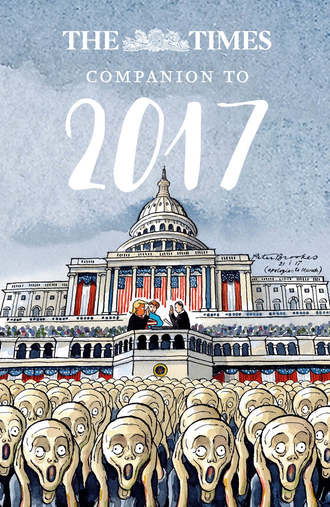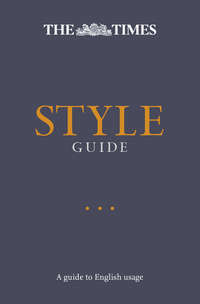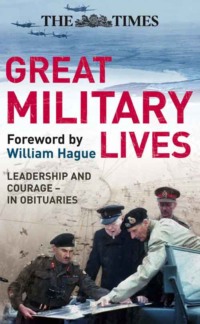The Times Companion to 2017: The best writing from The Times

Полная версия
The Times Companion to 2017: The best writing from The Times
Жанр: словари, справочникиучебная и научная литературазарубежная образовательная литературакультура и просвещениеСМИ / Средства массовой информациисправочная литературазнания и навыки
Язык: Английский
Год издания: 2018
Добавлена:
Настройки чтения
Размер шрифта
Высота строк
Поля
Конец ознакомительного фрагмента
Купить и скачать всю книгу




